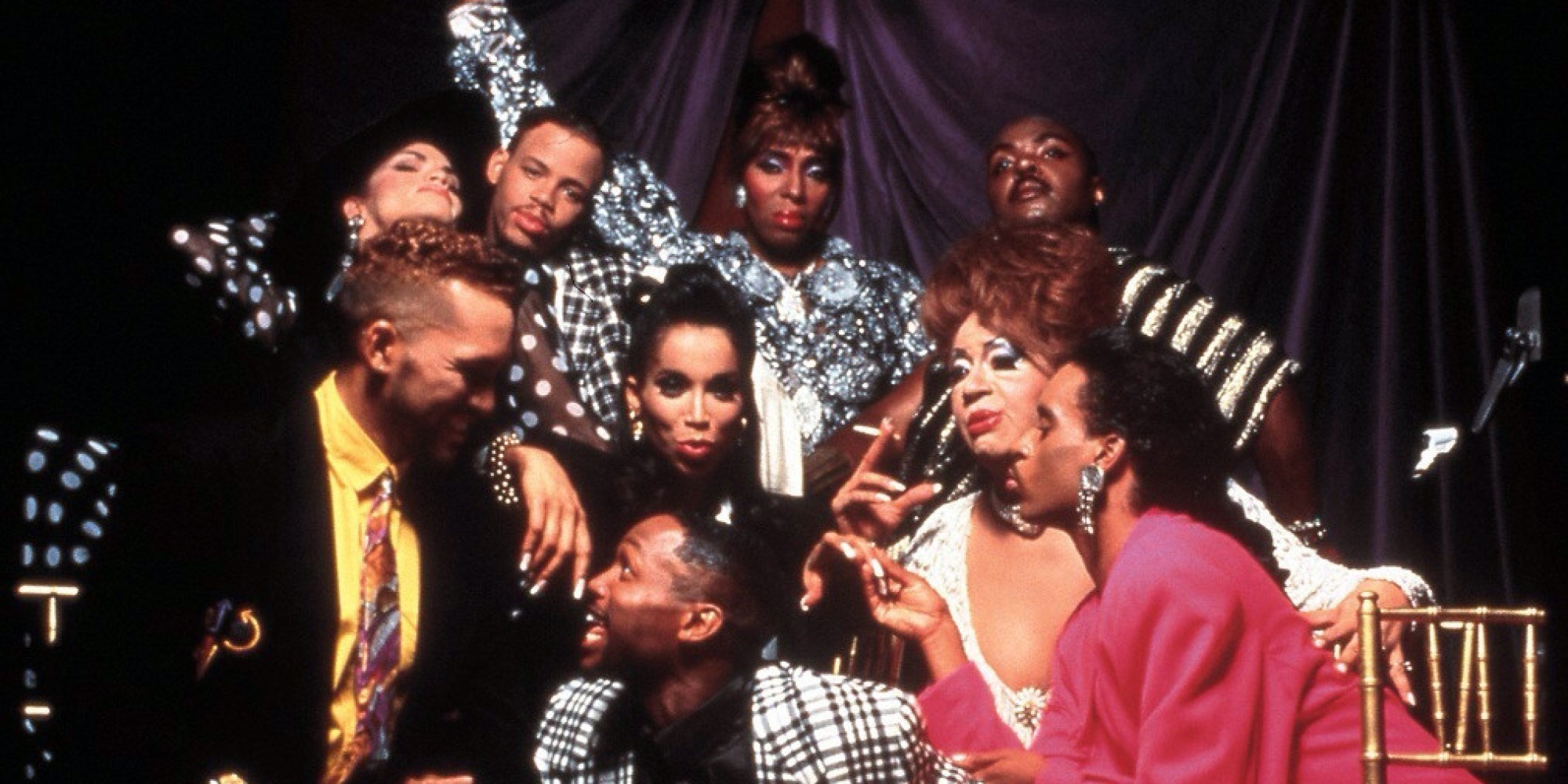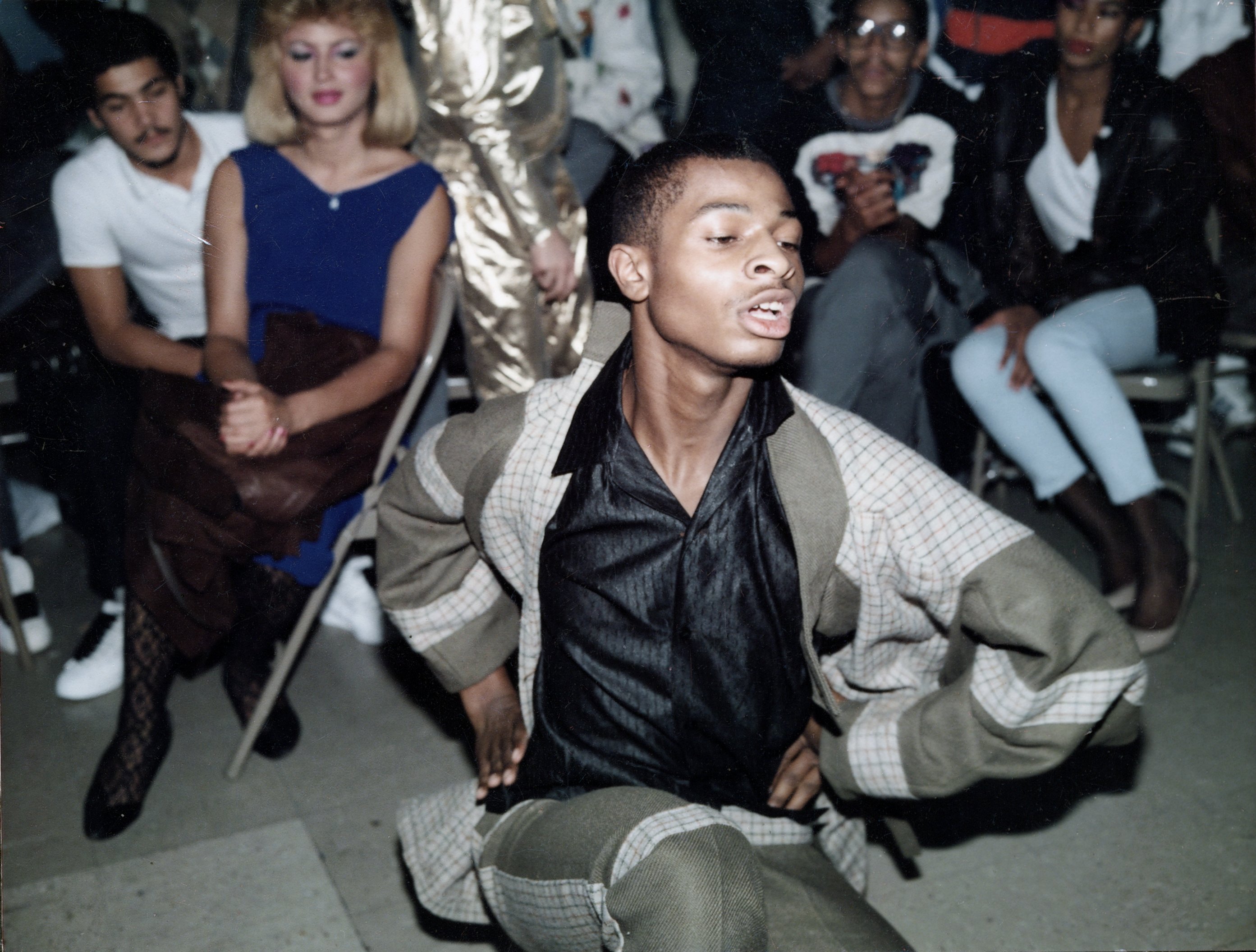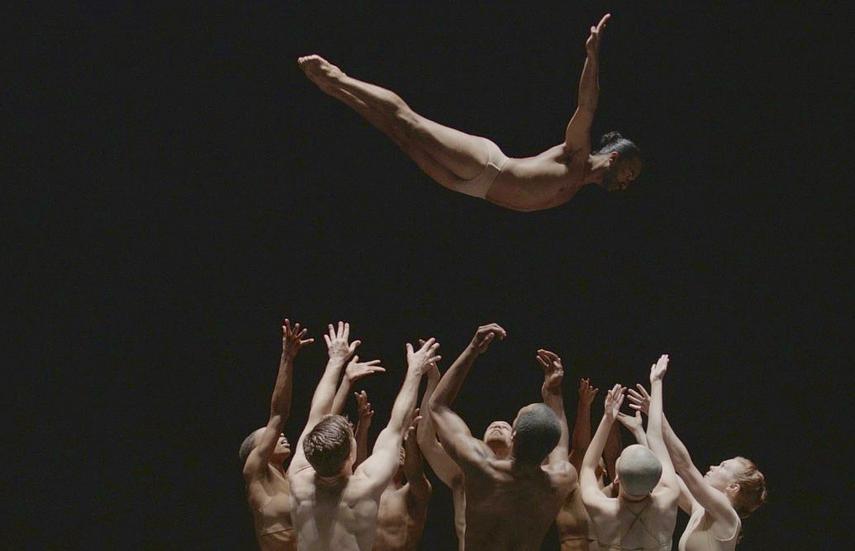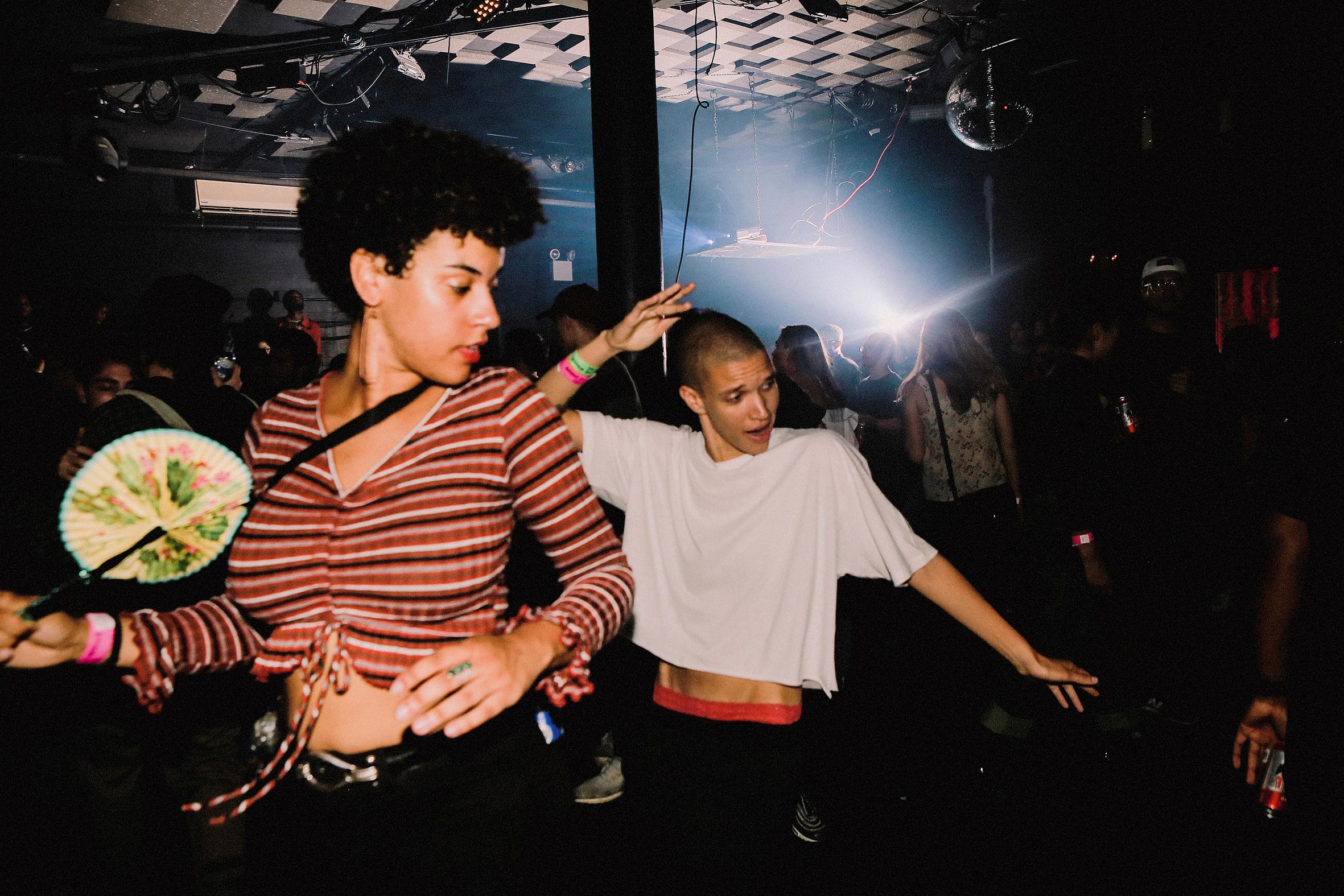Paris Is Burning is a deliberately avant-garde documentary which, when it was released in 1990, opened the way for discussions about preconceived ideas relating to gender, race, class and sexuality. While other pop culture productions have focused on the art of voguing and drag balls, the film unleashed a controversy: its creator – a white woman – was perceived as an outsider to drag culture. Her talent as an observer and her motivation nonetheless allowed her to enter the hitherto hidden world of the New York queer community and to celebrate not only the emancipatory nature of dance but also its political dimension. She turns the spotlight on little-known slices of life connected by the participant’s chosen family and a strong sense of solidarity and mutual support: “Each element of the documentary is part of a larger conversation, a collective narrative where queens sing in harmony.” By focusing on this marginalised minority, Jennie Livingston managed to broaden her message to US culture as a whole and foreshadowed a time when voguing, queer culture, drag jargon and ballroom culture would be revealed to wider audiences and become mainstream entertainment. The special visual flavour of the film no doubt arises from Livingston’s interest in photography, drawing and writing, all of which she practises herself.
A corealisation with Les Écrans du Sud - Dans le cadre de Ciné Plein-Air Marseille. Le marathon du Ciné Plein-Air - une programmation Olympiade Culturelle
The cinema program for the 2024 edition :
If, as the dancer Cal Hunt states, “dance is the most beautiful and silent of all revolts,” in other words a space of struggle for the emancipation of body and mind, it is also a tool for restoring joy and energy to activist endeavours. Interactions between art, political engagement and emancipation are at the heart of our film programme. The Festival offers a range of fiction films and documentaries anchored in reality and in art, exploring the boundary between dancing to fight and fighting through dance.







